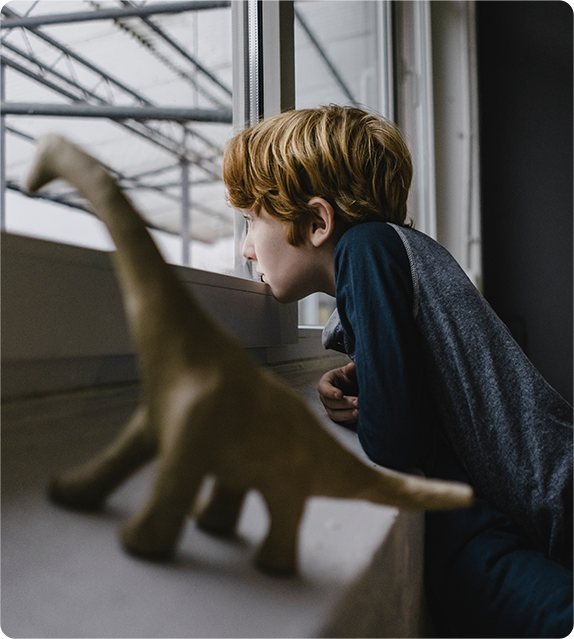
Would you know how to help young person in crisis?
This course is designed to provide a detailed understanding of the mental health and giving the tools to have difficult conversations, and empower to create a mentally healthy, supportive family and school environment or community. It is suitable for those who want to gain the necessary skills to have a non-judgmental conversation, recognise the signs and symptoms of common mental health illnesses and understand how they can affect young people. You will get a deep understanding of what mental health is and what factors can affect wellbeing. The course teaches practical skills to spot the signs of mental illness and gives the confidence to step in and support a young person who needs assistance.
Adolescent Mental Health First Aid Course
This course has been developed for family, friends, school staff, carers, youth workers, children and young people who wish to support others with their mental health. This online training will provide you with the knowledge to spot specific warning signs that a child or young person could be struggling with a mental health condition. It explains how to initiate a supportive conversation, explore healthier lifestyle choices and links to the wealth of additional support available if someone needs further help.
What are the Causes of Attention Deficit
Disorder in Children?
Mental Health of Children and Young People in England report for 2022 highlighted that:
UNICEF points to the scale and degree of mental health problems amongst adolescents in Europe, which are worrying. Alarmingly, road traffic accidents are cited as the first cause of death amongst children aged 15-19. In contrast, the second most common cause of death amongst young people in Europe is suicide. Depression and anxiety disorders are indicated as half of the mental disorders.
In 2022, 18.0% of children aged 7 to 16 years and 22.0% of young people aged 17 to 24 years had a probable mental disorder.
1 in 8 (12.6%) 11 to 16-year-old social media users reported that they had been bullied online. This was more than 1 in 4 (29.4%) amongst those with a probable mental disorder.
About 7% of UK children have attempted suicide by age of 17.
During the course you will learn:
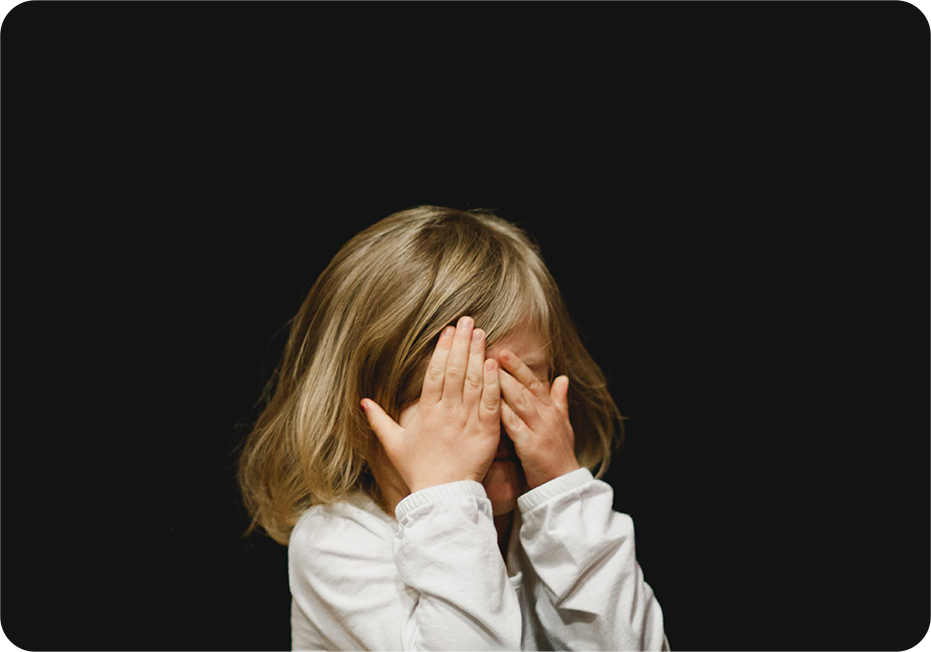
How to..
.. demonstrate knowledge and an in-depth understanding of young people’s mental health and factors that affect wellbeing
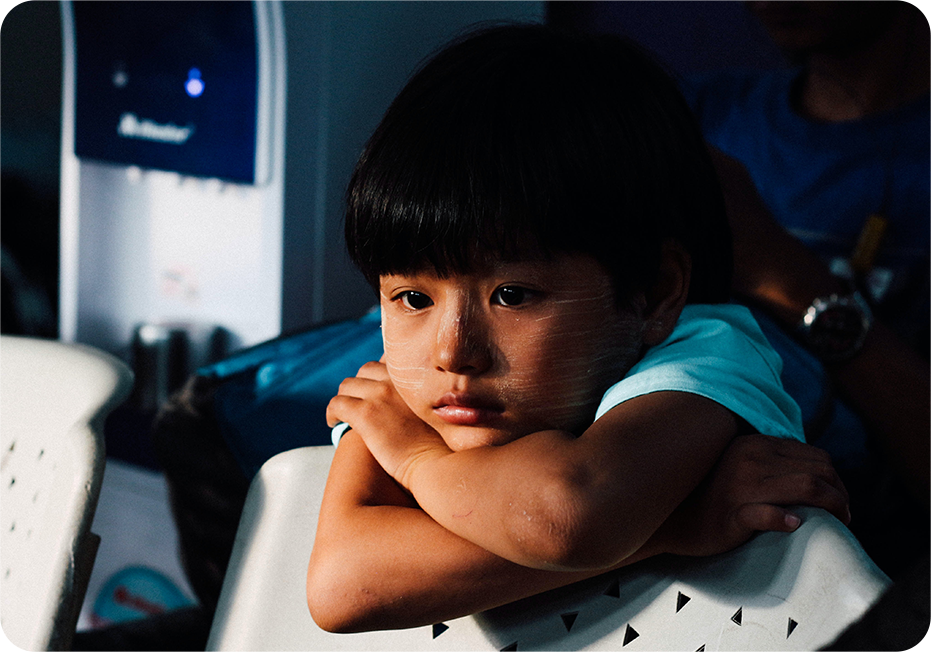
How to..
.. recognise warning signs of mental ill health and equip you with skills and confidence to assist a child or young person you believe to be in need of support.
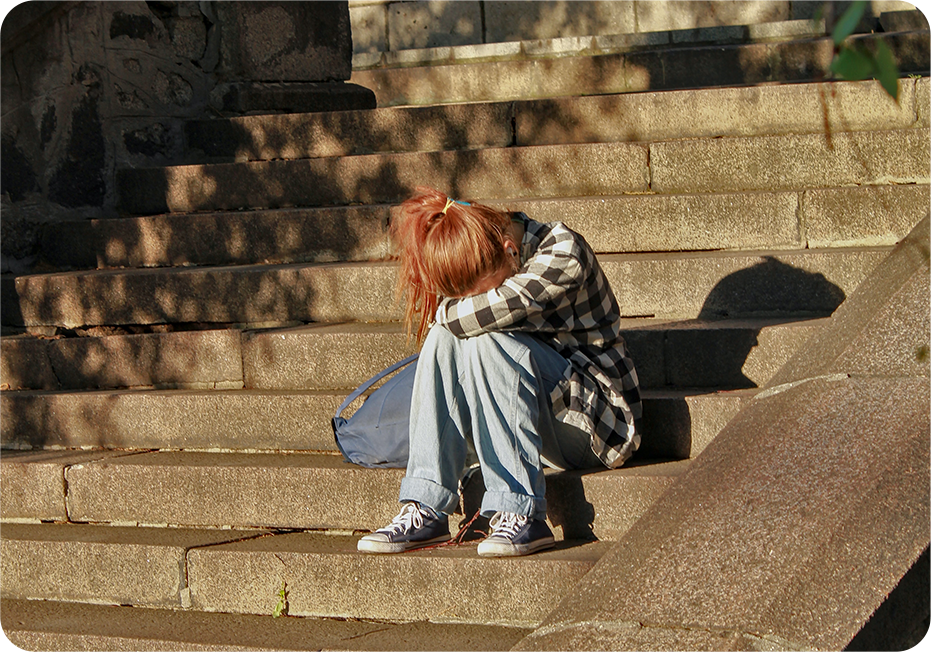
How to..
.. initiate a supportive conversation, explore healthier lifestyle choices and links to the wealth of additional support available if someone needs further help.
Course author:

Marlena Stradomska
PhD in Psychologist, Psychotherapist Expert of the Suicide Prevention Bureau at the Institute of Psychiatry and Neurology in Warsaw, Poland Forensic expert and suicidologist
Young people need more support
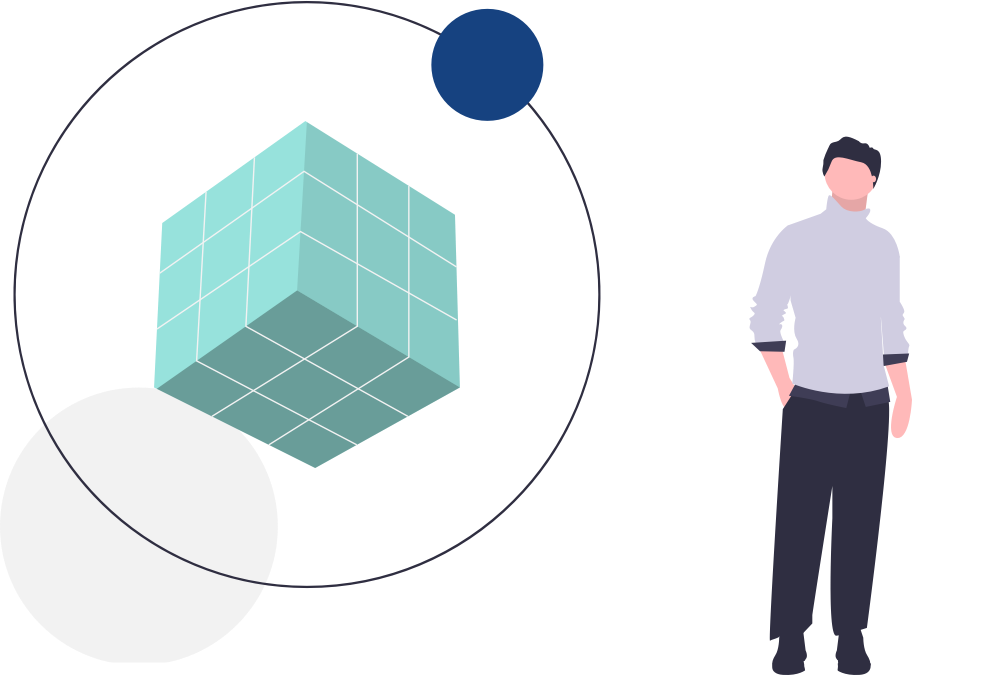
Just over one in three children and young people with a diagnosable mental health condition get access to NHS care and treatment.
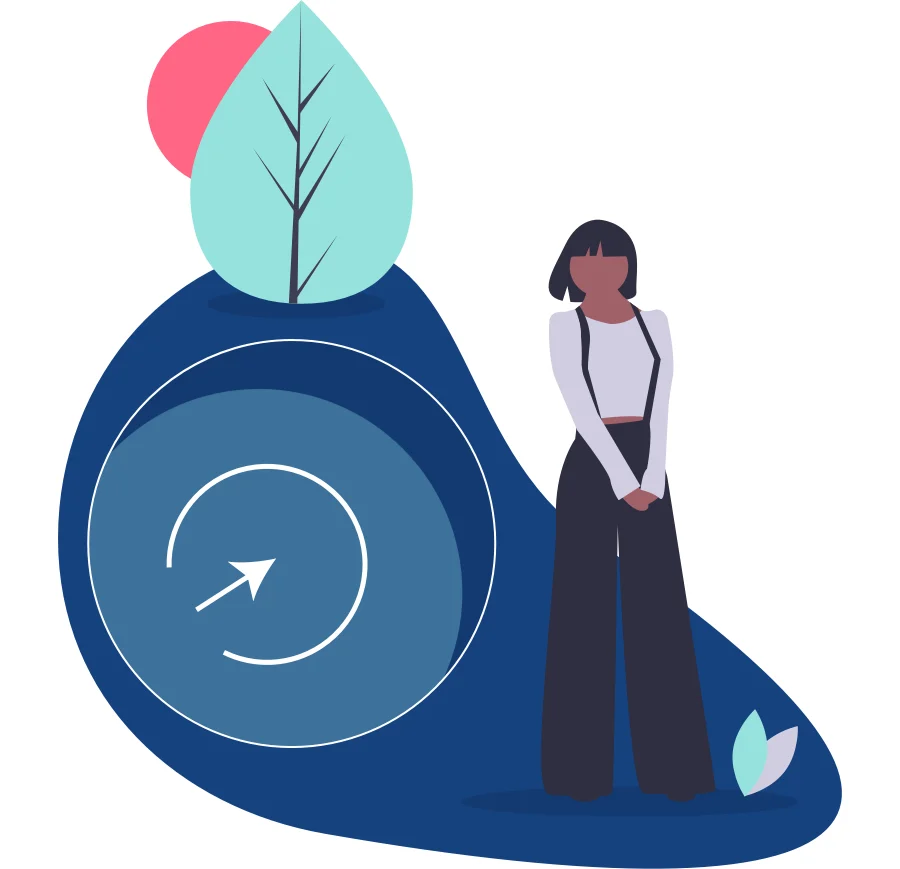
In a YoungMinds survey, three-quarters (76%) of parents said that their child's mental health had deteriorated while waiting for support from Child and Adolescent Mental Health Services (CAMHS).

In a YoungMinds commissioned survey by Censuswide, two-thirds (67%) of young people said they would prefer to be able to access mental health support without going to see their GP but half (53%) said they didn't know how else to access this help.
What will you gain by taking part in the course?

New, current threads
The course will help to spot signs, offer support and keep young people safe when they are experiencing mental health difficulties. During this course, you’ll explore how difficult situations and emergencies affect mental health and what you can do to help the children, young people, and families you come into contact with.
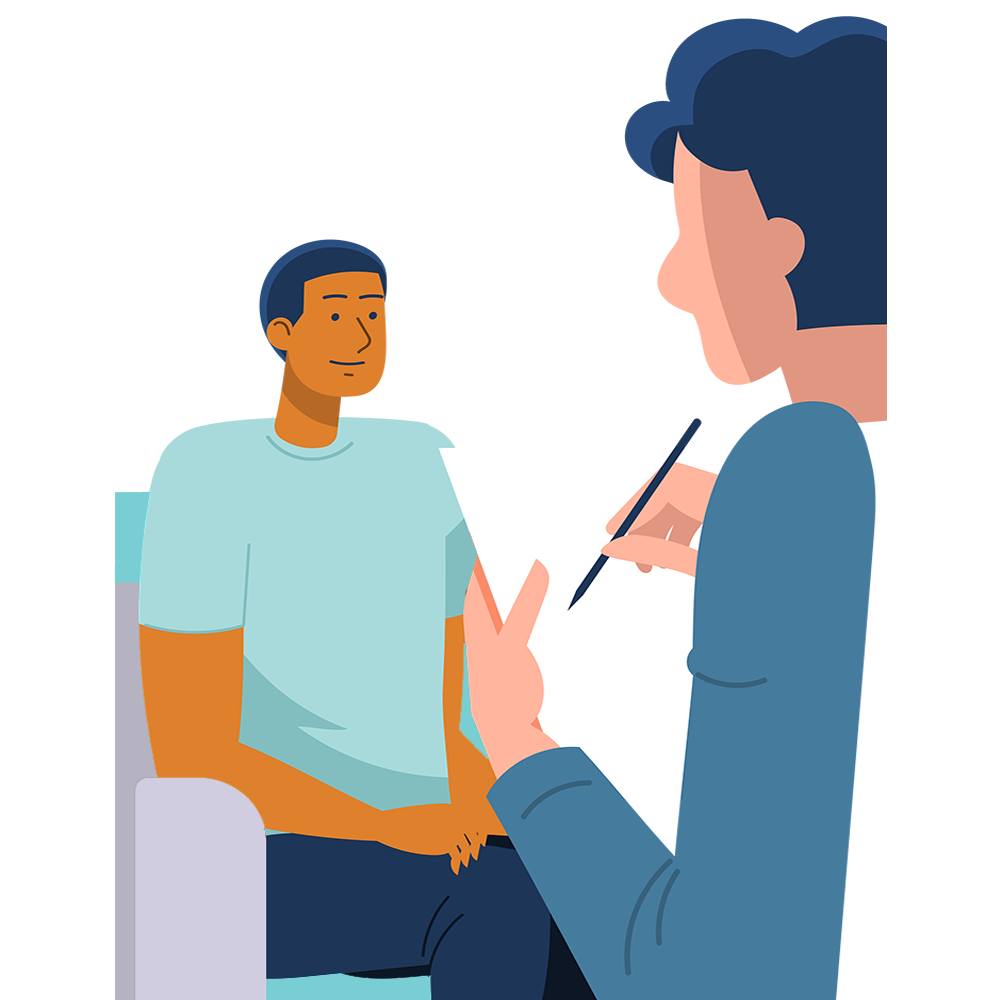
New skills
Gain practical skills and confidence to help children and young people get the support they need. The person who took Youth Mental Health First Aid Course is able to help someone who is experiencing mental health issues as well as try to prevent, or help during a mental health crisis. By the end of the course, you’ll be able to deliver Psychological First Aid techniques to support children and young people’s mental health after emergency and crisis situations.
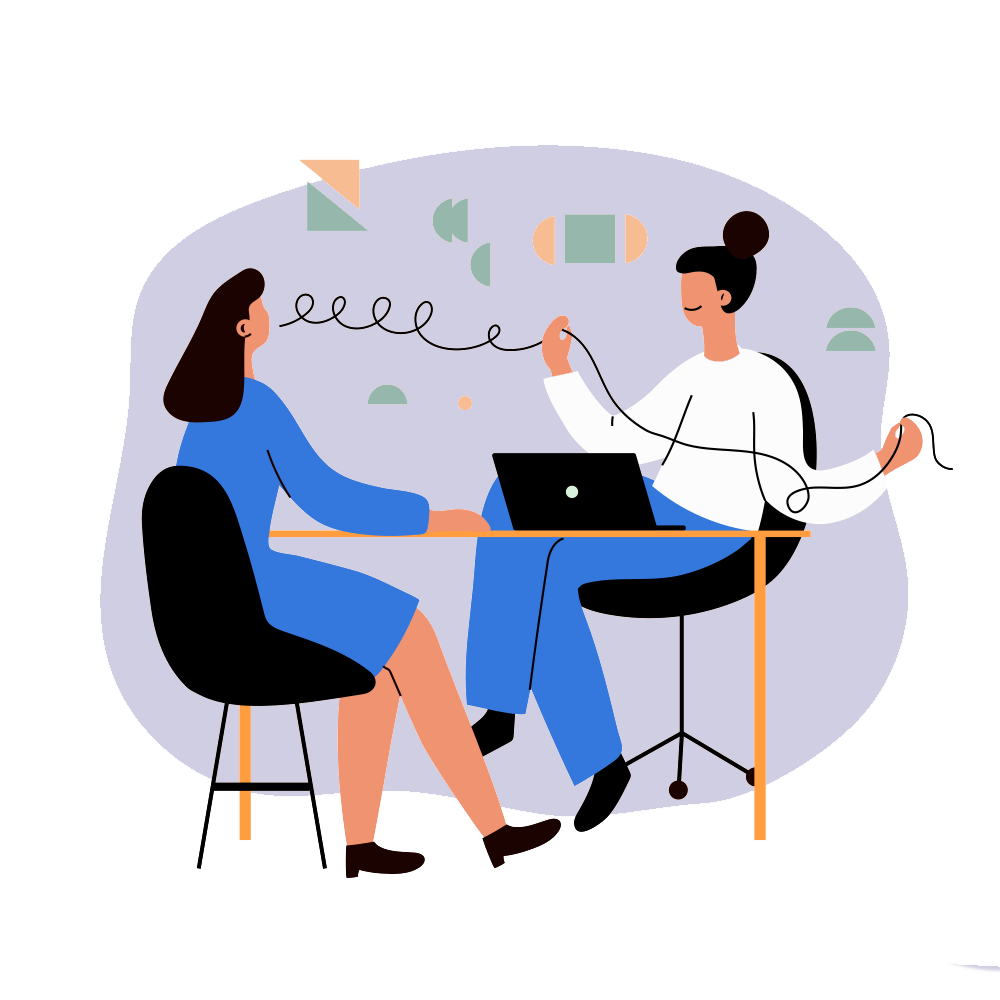
Practice
Youth Mental Health First Aid Course is something that parents and carers should know and can help to support child’s mental health and wellbeing as they grow. After the course you will be able to better identify symptoms like depression, anxiety, suicidal behavior, eating disorders, self- harm, psychosis etc.
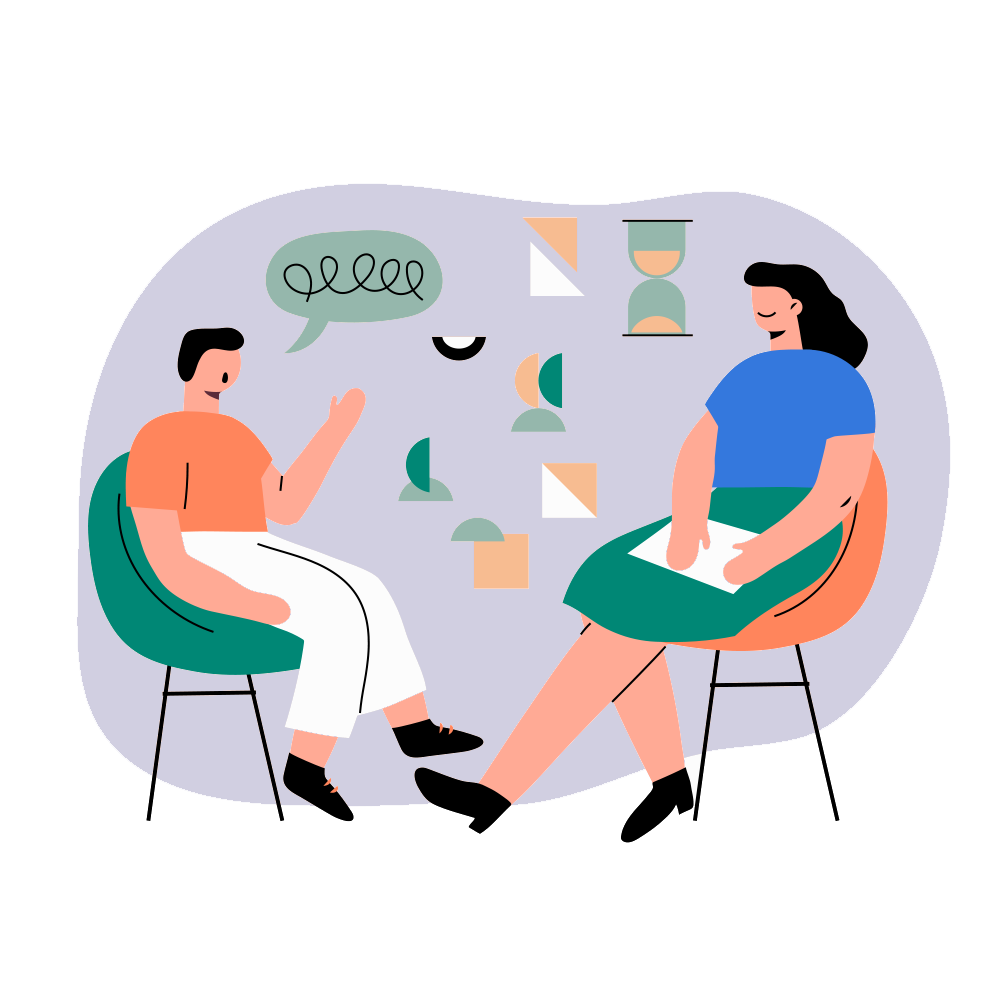
Availability
You will have access to all materials in a convenient form online around the clock, 24 hours a day, 7 days a week, 365 days a year, so you can learn where, how and when you want by using downloadable resources such as notes, videos, slides, factsheets, assessments and highlighted key points in each course section which are helping you to keep on track, as well as improve your results.

Certification
Once you have completed the course you will receive a personal document confirming participation in the course.
You will be able to download your certificate of completion from 'my panel' on the UniqSkills platform and share your new skills online.
Syllabus:
|
Module 1 – What is emotional first aid |
|---|
|
When do we talk about a psychological crisis? |
|
What does a crisis involve? |
|
What are the symptoms of a psychological crisis? |
|
What are the causes of difficulties in coping with a crisis? |
|
Module 2 - The scale of the phenomenon of mental disorders amongst adolescents |
|---|
|
Practical know-how for parents and teachers |
|
UNICEF report |
|
Assessment of depressive symptoms by the child's immediate environment |
|
Types of anxiety by stage of child development |
|
Additional Downloadable Tools |
|---|
|
Resources for parents and teachers:
|
|
Questionnaires for children: Monitoring stress levels, Risk of rejection by peers |
|
Tasks for psychological and pedagogical support of pupils, taking into account their different developmental and educational needs |
How do customers rate the course?
Order this course
THIS ADVANCED ONLINE COURSE INCLUDES:
Adolescent Mental Health First Aid Course
- Expert Trainer
- Certificate of completion
- 24/7 access to a modern platform
- Access on mobile and tablets
- 1 hour on-demand video
- Notes and factsheets
- Downloadable resources
- Suggested study: 6 weeks, 2hrs per week